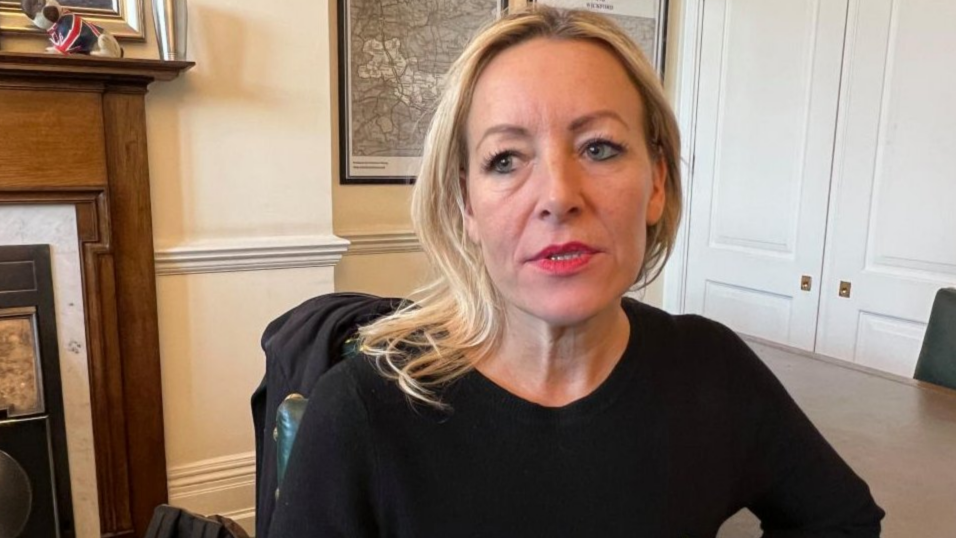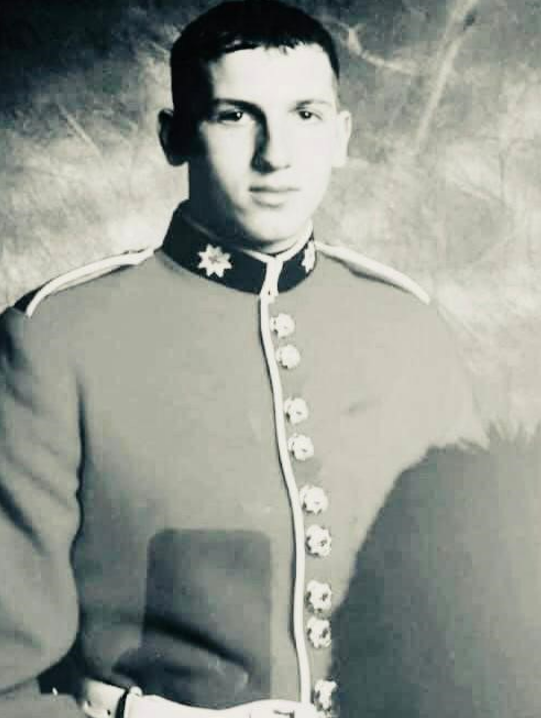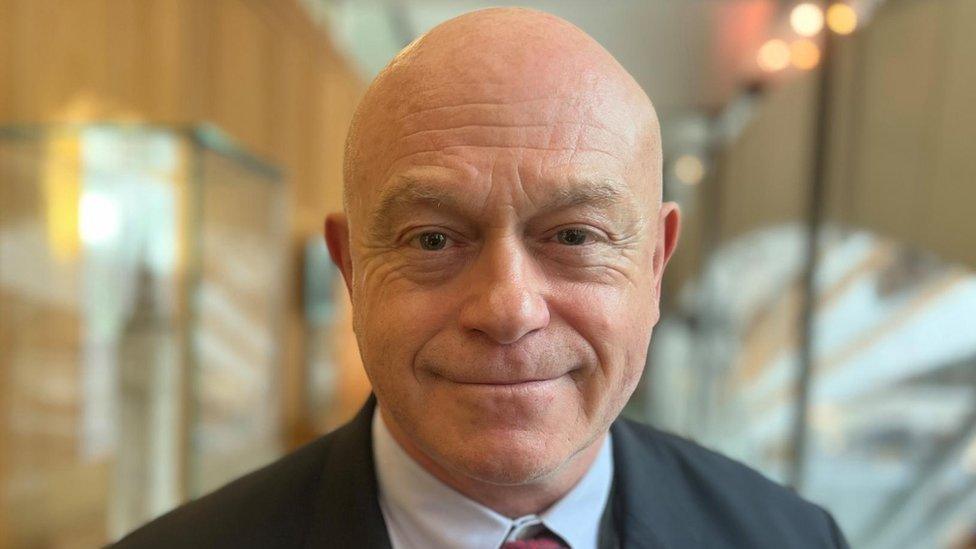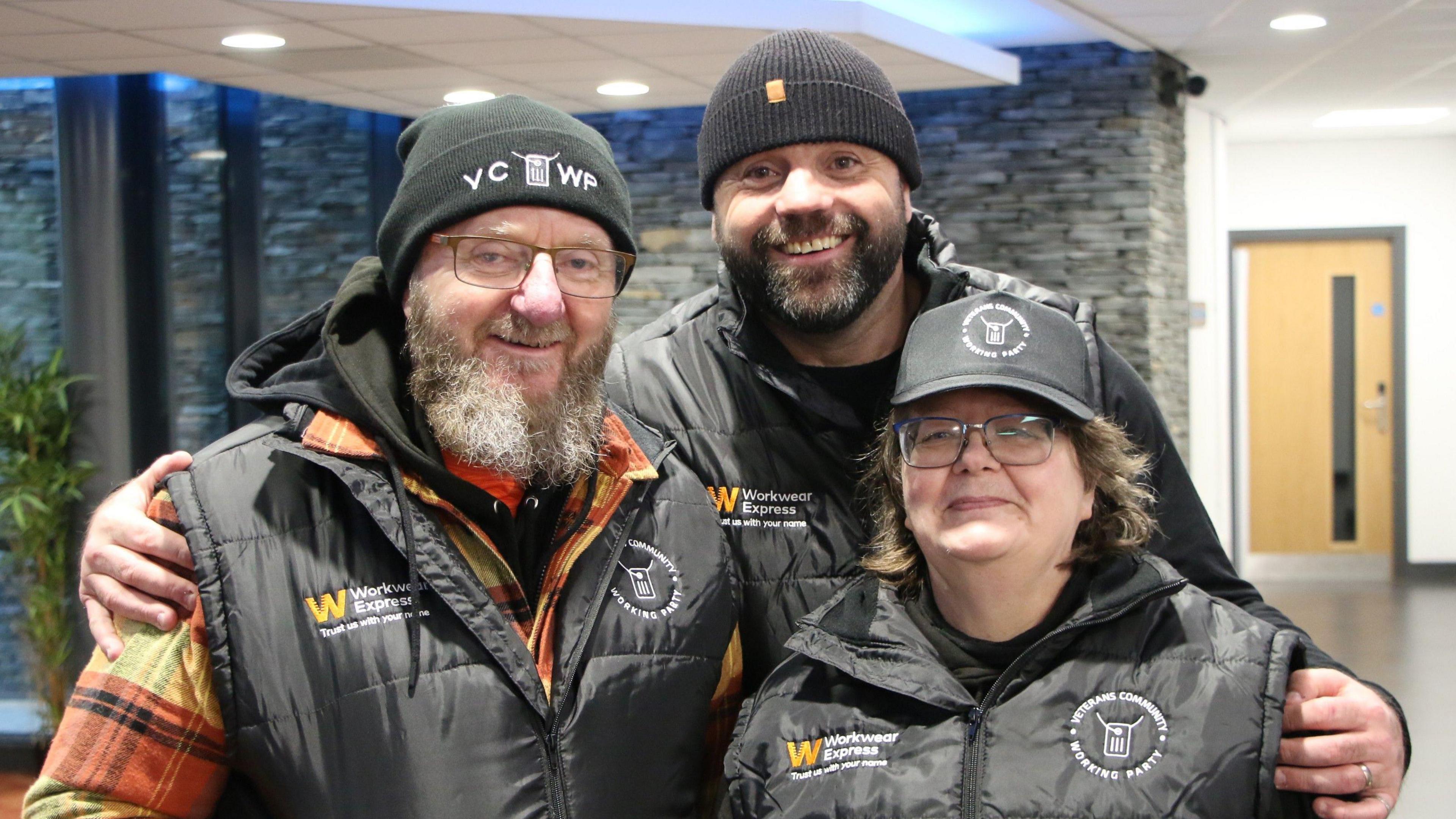Police adopt scheme to find missing veterans

The Forcer Protocol is named after Claire Lilley's former husband and veteran, Alan Forcer, who took his own life
- Published
A second police force has introduced a scheme to help officers find veterans who have gone missing.
Cumbria Police has adopted the Forcer Protocol, which gives access to veterans' details such as vulnerabilities and where they have been found before.
The protocol was developed by Claire Lilly and is named after her former husband, Alan Forcer, who took his own life after going missing in May 2020.
Greater Manchester Police has piloted the protocol since November, which requires veterans or their families to give consent first.
Veterans or their professional carers, family members or friends are able to complete a form which records information that could be helpful in case they go missing.
Ms Lilly, from Essex, said over 70 veterans had been "swiftly" located by Greater Manchester Police and placed into specialised veteran-specific services after being reported missing.
She said: "This protocol emerges as a beacon of promise.
"This news holds profound significance for our family, as it reaffirms the enduring impact of Alan's life and legacy."

Alan Forcer served in Northern Ireland and Kosovo and struggled with "undiagnosed complex PTSD", Ms Lilly said
Insp Charlie Tresham, from Cumbria Police, has asked service veterans, reservists and current serving members of the armed forces to consider signing up, external to allow their information to be shared.
He said: "Serving within and transitioning from the armed forces can be an overwhelming experience at times and in some instances difficult and distressing.
"These details will provide the police key information to find you should you ever go missing."
Follow BBC Cumbria on X (formerly Twitter), external, Facebook, external and Instagram, external. Send your story ideas to northeastandcumbria@bbc.co.uk
Related topics
More stories from BBC North East and Cumbria
- Published10 November 2023

- Published20 January 2024
